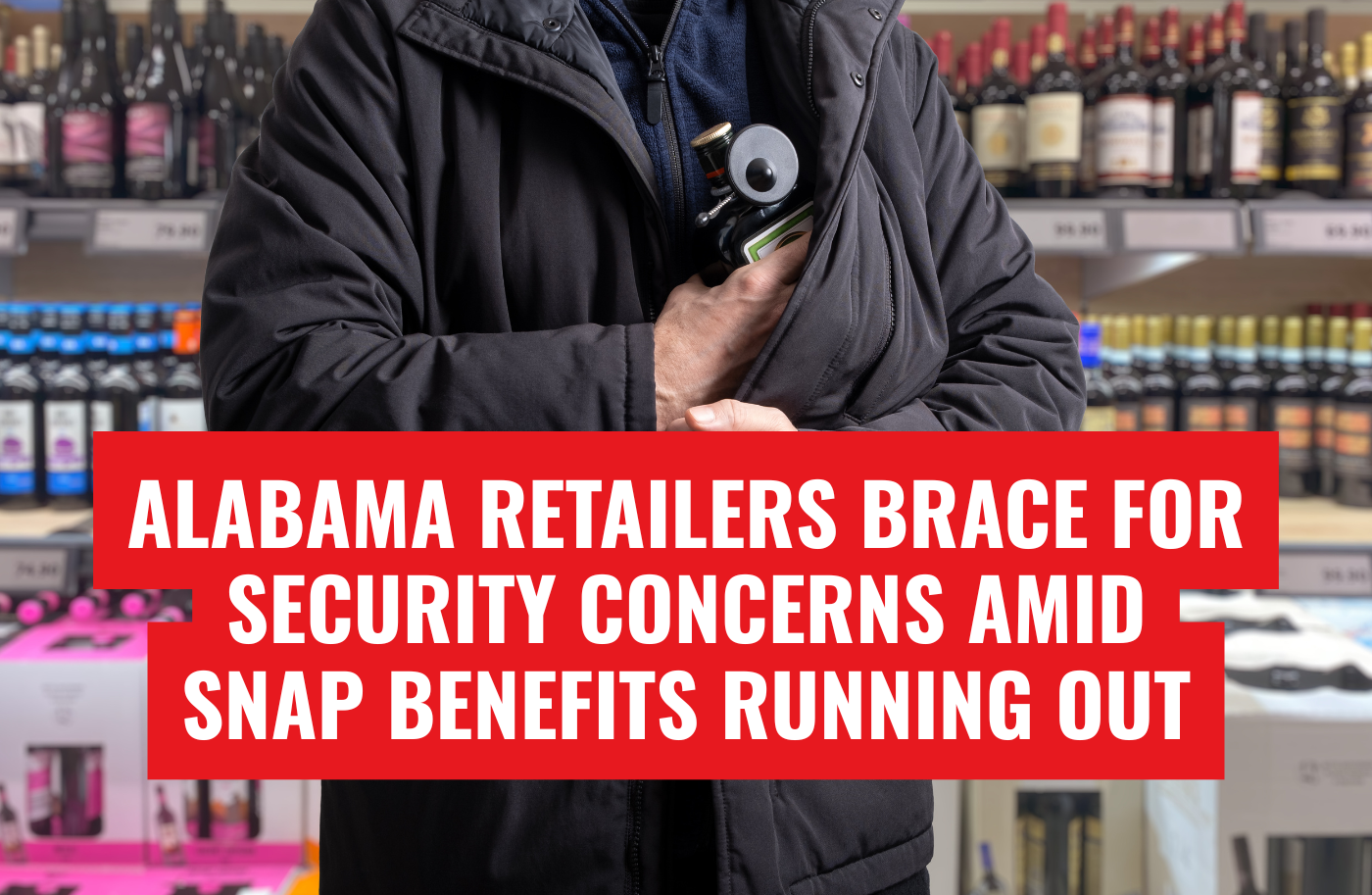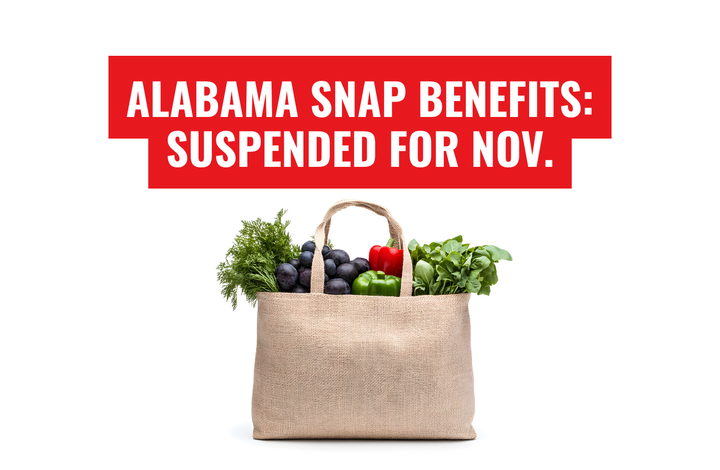Huntsville Retailers on High Alert: Navigating Security Risks as SNAP Funding Halts November 1, 2025

Huntsville, Alabama - With the federal government shutdown extending into its final days of October 2025, North Alabama business owners are ramping up preparations for a significant disruption in consumer spending patterns. The suspension of Supplemental Nutrition Assistance Program (SNAP) benefits, set to begin November 1, poses direct challenges to grocery and retail operations statewide, particularly in Huntsville and surrounding communities where economic dependencies on federal aid run deep. This halt in assistance for over 750,000 Alabamians could trigger a cascade of operational strains, with security and employee safety emerging as top priorities for store managers aiming to maintain stability amid potential volatility.
The economic stakes are high for Alabama's retail sector, which benefits from substantial SNAP-driven revenue. Industry estimates suggest the program injects up to $1.7 billion in federal funds annually into the state's economy, supporting around 7,800 jobs and $350 million in wages for grocery workers. In Huntsville, home to a mix of major chains like Walmart and Publix alongside independent markets, SNAP transactions often account for 20-35% of sales in certain stores, especially in lower-income neighborhoods. Rural areas in North Alabama, including parts of Madison and Limestone counties, face amplified risks, as smaller grocers may see revenue drops severe enough to threaten viability, potentially leading to reduced staffing or shortened hours that could further compromise on-site security.
Security experts warn that the abrupt loss of food assistance may heighten incidents of theft and shoplifting, as households grapple with immediate food shortages. Historical patterns during economic downturns indicate that food insecurity can correlate with spikes in retail crime, with desperate individuals targeting essentials like non-perishables and baby formula. In Alabama, where SNAP serves as a lifeline for approximately 15% of the population, retailers anticipate a potential surge in opportunistic thefts, particularly at high-volume locations in urban Huntsville districts. Social media discussions among community members and analysts highlight fears of organized looting or runs on stores, prompting some food distribution centers nationwide, including those affiliated with Feeding Alabama, to engage private armed security firms as a precautionary measure.
Employee safety stands out as another critical concern, with frontline staff potentially facing elevated tensions from frustrated customers unable to afford basic groceries. In bustling Huntsville supermarkets, where peak shopping hours already test crowd management, the risk of verbal altercations or physical disputes could rise if alternative resources like local food pantries become strained. Retail associations recommend proactive training in conflict de-escalation and situational awareness to equip workers for these scenarios, emphasizing the need to prioritize human safety over inventory protection.
To address these vulnerabilities, Alabama retailers are advised to implement layered security strategies tailored to the shutdown's uncertainties. Upgrading in-store monitoring with additional CCTV coverage in vulnerable areas, such as entry points and high-value aisles, can serve as a deterrent while aiding post-incident investigations. Collaborations with local law enforcement for enhanced patrols around Huntsville shopping centers, combined with temporary hires of security personnel, offer immediate reinforcements. Furthermore, partnering with community organizations to guide affected customers toward emergency food aid could alleviate in-store pressures, fostering goodwill and reducing the likelihood of disruptive behaviors.
While the Alabama Department of Human Resources notes that pre-November benefits on EBT cards remain accessible, the absence of new issuances until funding resumes could prolong the strain on both consumers and businesses. Nationally, similar preparations are underway in over two dozen states, underscoring the widespread implications of the shutdown on retail ecosystems. For Huntsville-area enterprises, staying ahead through vigilant planning and resource allocation will be essential to weathering this period, with hopes pinned on a swift resolution in Washington to restore normalcy.



